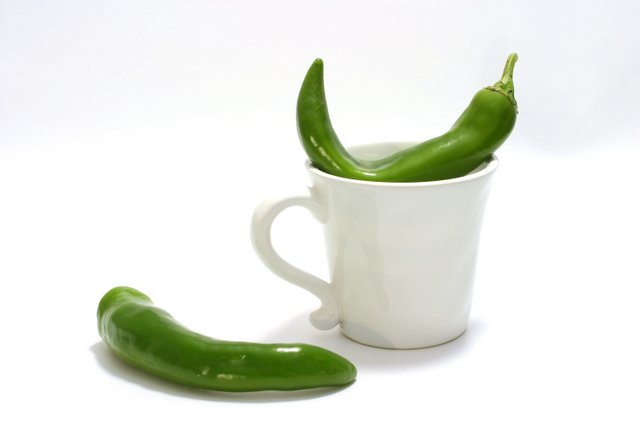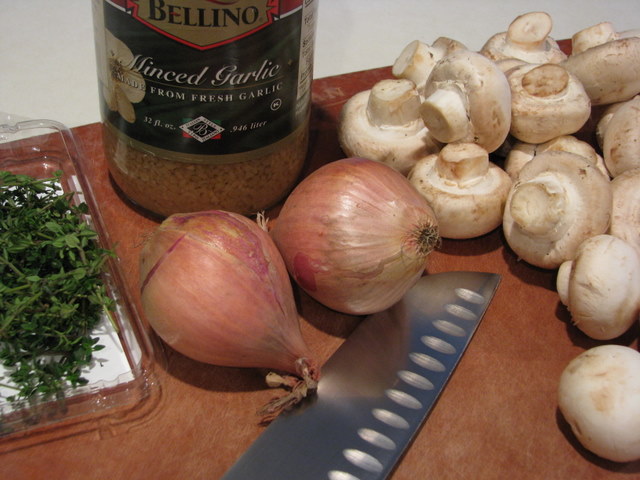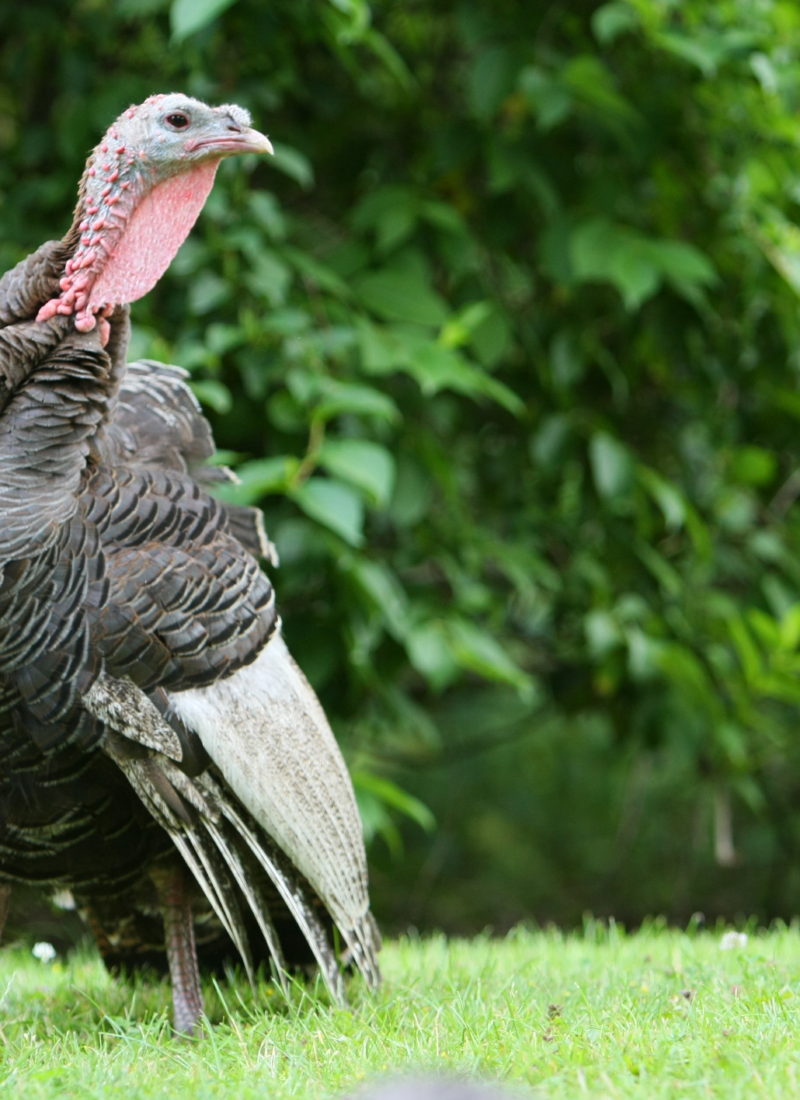Do you have a fear of cooking? Are you nervous about holding a chef knife, cooking foods to the right temperature, and burning things in your oven? You are not alone. As a personal chef, I have had a number of clients express these fears to me. As a novice cook myself a number of years ago, I had some of the same concerns.
Cooking can be such a rewarding experience but, like learning any new skill, it takes patience and time to develop the confidence AND the willingness to make mistakes.
If you are feeling overwhelmed or apprehensive about cooking in your kitchen, here are some things to try to help you go from scared to successful.
Take Baby Steps
OK, so this is tough for me too, I have to admit. When I am learning something new I want to be a pro my first time around. I have to continually remind myself that slow and steady steps forward will eventually get me to my goal. I need to remind myself to be kind to me.
When you were young and learning to ride a bike, blow a bubble, or swim your parents and teachers would encourage you through the skinned knees, frustrations and fears until you were able to master each of these skills.
You need to be just as kind to yourself. Reward yourself for trying a new cooking technique regardless of how it turns out. It is a success because you tried.
- If you are fearful of using a chef knife, start smaller. Use a steak knife or paring knife to make a salad each night to go with dinner. Get in the habit of cutting and chopping vegetables. Once you have mastered that skill, move on to the next level. Take a Knife Skills class with a professional who can show you how to hold the knife and cut safely.
- If you are nervous about cooking your chicken properly, follow a recipe to the letter and then cut through the chicken breast to test whether it is no longer pink in the middle. Still pink? No worries. Put it back in the oven or pan for a little while longer. Dry and inedible? Just order pizza and try again another day.
- If you come across a term, technique or ingredient you don’t understand, don’t panic. Either choose a different recipe or reach out for help. (Post your food-related questions on my Facebook page and I will be happy to get you an answer.)
Rinse and Repeat
If at first you don’t succeed, try, try again.
You are going to make mistakes. I have. You will. But the more you just get back in there and try again, the more confident you will become.
You will begin to realize with practice that sometimes a recipe is just plain wrong. Or your oven runs at a different temperature than the person who wrote the recipe. Or the quality of the ingredients you chose affected the end result.
I had no idea that jalapeno peppers can vary drastically in spiciness until I made a salsa so extremely potent one day, I couldn’t even eat it and had to redo the whole recipe over for my client. Lesson learned? Taste everything as you go!
With each mistake, there is a takeaway. Make note in your mind or on the recipe itself what happened and adjust the next time.
Test On Those You Trust
As you are developing your new culinary skills, you need to feed your food to those you feel safest around – those who will be kind and patience with you as you learn.
Don’t attempt to make Beef Wellington for the first time for a group of 15 for Christmas dinner. Make it for you and your husband, best friend or mother. Choose someone who will laugh with you if it goes all wrong and pour you a glass of wine while reaching for the takeout menu.
Also, be open to feedback. You may love food that is very spicy but not everyone does. You may love a certain combination of foods while most others do not. Listen with an open mind and heart.
Get Organized
Honestly, being organized in the kitchen is half the battle.
Before starting to cook anything, begin by reading through the entire recipe. Make note of those ingredients you will need to get at the store. Highlight any techniques or steps you don’t understand and research them before starting. Make note of how long the food preparation and cooking times are and make sure you leave yourself enough time to complete them. Note the order of each step. Does anything need to be defrosted or prepared ahead?
When you are ready to cook, set up your work station with a cutting board, knife and bowl for garbage. Collect all the ingredients you will need and set them near you. Preheat the oven or pan if necessary. Prep all your ingredients before beginning to cook.
There have been many times I have not read a recipe all the way through only to find out that I had to do something the night before or that I didn’t have the right tool for the job. Make sure you take a few minutes to read and collect your thoughts.
If you are a novice cook and looking for help with the fundamentals, here are a few more articles you might like to check out:
3 Techniques for Perking Up Plain Old Vegetables
Tips for Freezing Food: Making Dinner in a Flash
Top 20 Kitchen Items All Cooks Should Have
4 Things to Consider When Purchasing a Chef Knife
Now it’s your turn! Do you have a fear of cooking? What have you tried to help you move forward?









Leave a Reply